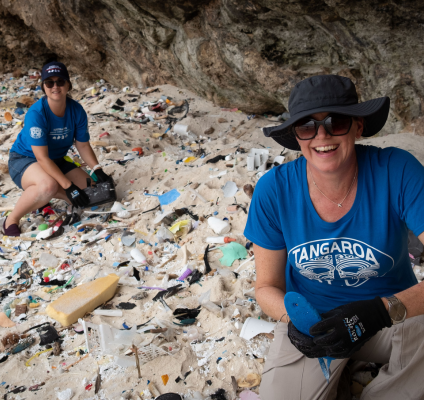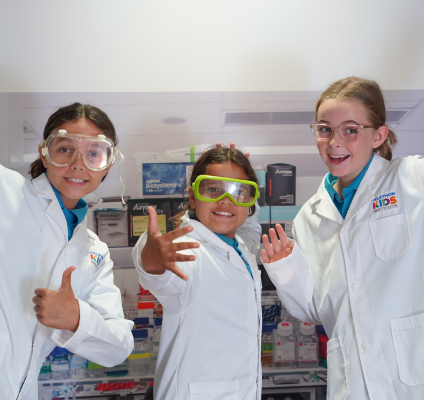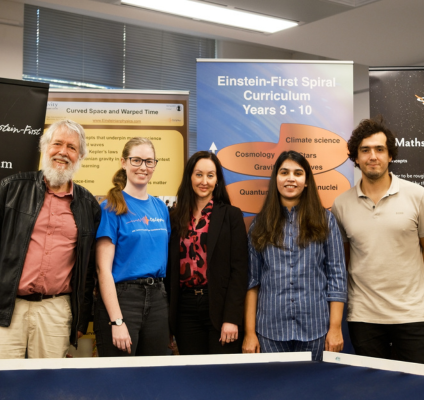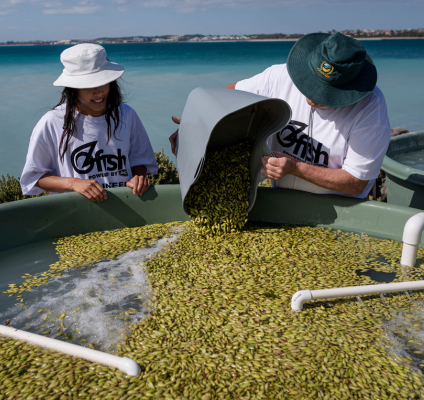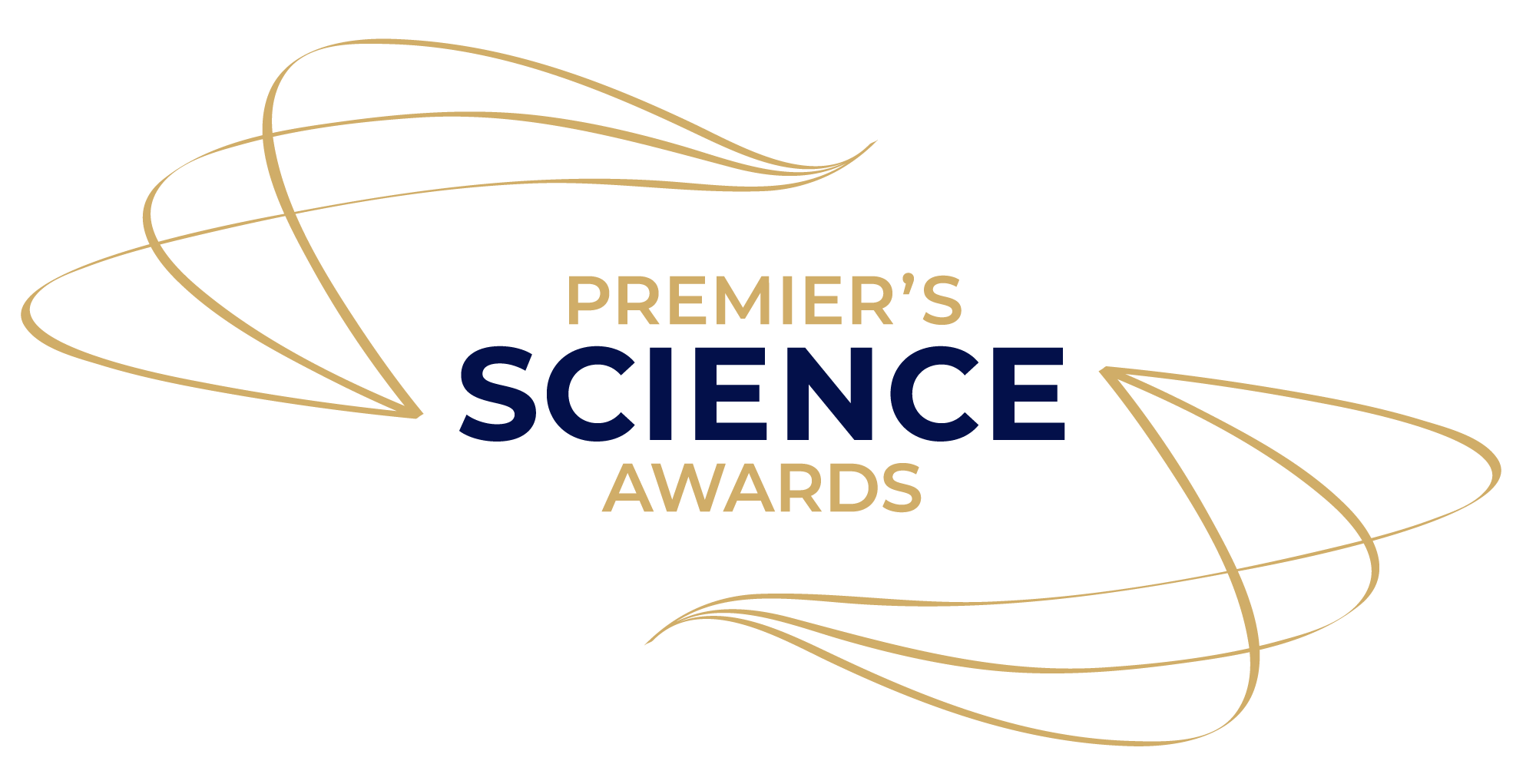Votes for the People's Choice Award opened Tuesday 30 July 2024 and close midday Friday 16 August 2024. Learn more and vote for your favourite scientist or initiative on the People's Choice Award page.
Recognises an initiative that has made an outstanding contribution to community awareness, interest and/or participation in science in Western Australia.
Now in its 23rd year, the Premier's Science Awards recognises and celebrates the outstanding scientific research and engagement taking place in Western Australia.
This year, 4 finalists have been selected for the Science Engagement Initiative of the Year category:
Australian Marine Debris Initiative
Tangaroa Blue Foundation
Tangaroa Blue Foundation is the founder of the Australian Marine Debris Initiative, a nationwide network of volunteers who work together to combat marine debris. In Western Australia alone, Tangaroa Blue Foundation has conducted more than 4,655 clean-up events since 2004, involving nearly 42,000 volunteers who have contributed almost 1.6 million volunteer hours. Together, these volunteers have removed more than 145 tonnes of marine debris.
Tangaroa Blue Foundation’s annual WA Beach Clean-Up, now running for two decades, mobilises citizen scientists to register a clean-up site in October, contributing data to the Australian Marine Debris Initiative Database. The Database informs policy and source reduction efforts locally and nationally.
Broome Festival of STEM
Telethon Kids Institute
Telethon Kids Institute’s inaugural Broome Festival of STEM, held in August 2023, took National Science Week to 2 groups historically under-represented in science – regional Western Australians and remote-living Aboriginal communities.
Staffed by Telethon Kids scientists in collaboration with local partners and Telethon Kids Institute’s Broome-based team, the 2-day festival highlighted science and research happening in the Kimberley and showcased exciting STEM career opportunities.
The festival was attended by almost every school in Broome, with bus transport provided to ensure children from Aboriginal communities up to 200km away could participate. For many, this was their first encounter with ‘real-life’ researchers and fun, hands-on science activities. Attendance of around 1,200 far exceeded expectations of 800, and the program will be repeated in 2024.
Einstein-First
The University of Western Australia
Einstein-First grew from science outreach at the Gravity Discovery Centre. In disrupting traditional paradigms and bringing Einstein’s 21st century science to children aged 7 to 15, Einstein-First is transforming teenage students’ attitudes toward science, especially girls.
Following years of trials, the program was launched nationally by the Chief Scientist of Australia in 2023. From one partner school, the successful train-the-trainer approach has empowered teachers and students alike with Einstein’s science taught using toys, songs, and activities.
Einstein-First has trained 150 teachers, now implementing the program across 55 schools from Karratha to Denmark with more than 10,000 students, including 3,000 First Nations students in Queensland.
Seeds for Snapper
Ozfish Unlimited - Fremantle Chapter
Seeds for Snapper is Australia’s largest community driven seagrass restoration project. Operating in Cockburn Sound since 2018, the project is the result of a collaboration between not-for-profit OzFish Unlimited, seagrass researchers from the University of Western Australia and hundreds of community volunteers.
Using seed-based restoration techniques developed by UWA researchers, Seeds for Snapper engages the community to actively participate in habitat restoration while learning about the importance of seagrasses. Each year, divers take to the water to collect seagrass fruit which is processed onshore before seeds are dispersed into areas of need, every step of the project involves community volunteers.



